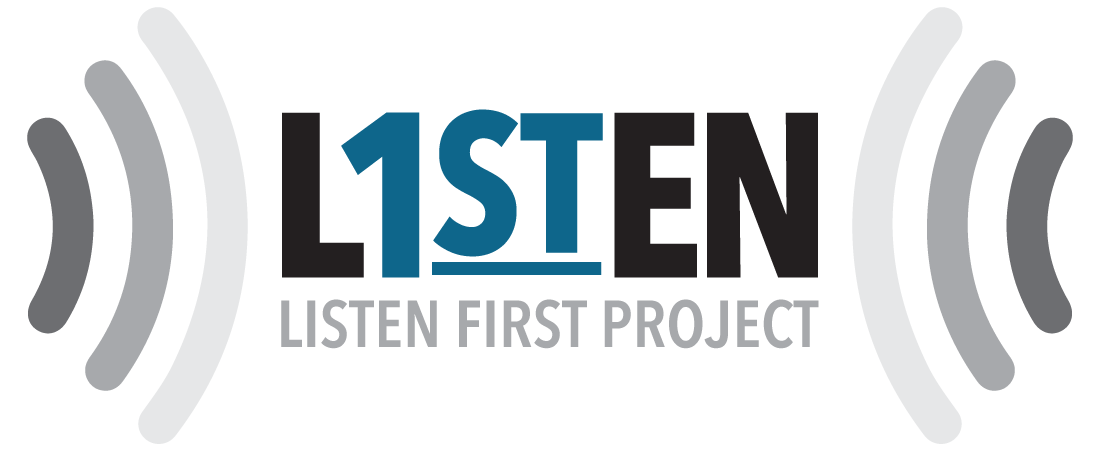Listening, a Richer Experience than Hearing
Very early on in life we are taught that "listening" is a passive activity. How many times have you heard the phrase "just listening?" As in, “No don't worry about it, I'm just listening to it.” The way we speak about it defines the word, or at least defines how we think about the word. When we minimize what listening is we display how little we think about it.
I remember thinking that “hearing” and “listening” were interchangeable words. Even now it can be difficult for me to think of listening as an active word rather than simply the capability for the intake of sounds. At some point I began to consciously differentiate between "hearing" and "listening"; I began to understand that hearing was passive.
Listening is the step beyond hearing: it is the step after the hearing when we begin to understand. In other words hearing is the intake of information and listening is the processing. When you view listening in this way you begin to comprehend that listening is really the way, the only way, that we can understand other people.
I was lucky enough to grow up with all four of my grandparents and I was sixteen when my first grandparent died. Though it is been just over ten years I still regret conversations that I never got to hear and the experiences that he had in his life time that I will never understand. I think at that point in my life I was still only hearing. I didn’t understand that to truly listen you must be an active participant in the conversation. Even if people call me a good listener, it does not mean that I'm good at making opportunities to be a listener.
In other words, it is important to not just take those opportunities to listen when they arise, but to make sure that you actually have opportunities to listen. Whether this means talking to a beloved grandparent or reaching across the political aisle to recognize someone else's perspective—if you want to actually process additional information you have to make an opportunity to do so.
Furthermore, once a conversation is happening, you have to be an active participant. I have been making an effort in the last couple years of my life to make sure that conversations are double-sided. This means that in conversations it is important to both speak and listen. I have to share my opinion and be willing to allow fellow participants to reciprocate with their opinions and information. Without asking questions and engaging the other, I'm not really listening to them.
Making conversation and engaging others in this way can be difficult because you're putting yourself out there. At some basic level, you are admitting to your ignorance about something, and for some reason our society often makes that hard. Saying that I don't know something or I don't know how you feel about this thing, and asking you to explain it to me does not make me weaker. In fact, it gives me additional tools to understand better. From getting a greater understanding of my familial history, to embarking on an arbitration between two differing sides of an argument—we need information before we can proceed.
When you truly listen, the experiences of other people inform your own. Your experiences become more grounded in our shared reality. This is not to say that other people's experiences can replace your own. However, knowing you're not alone or knowing other people’s different experiences can only make your experiences richer.
Elaine Sylvester, student at the University of Virginia School of Law who spends her spare time writing a cooking blog, reading sci-fi novels, and binge watching action films
January 2016

